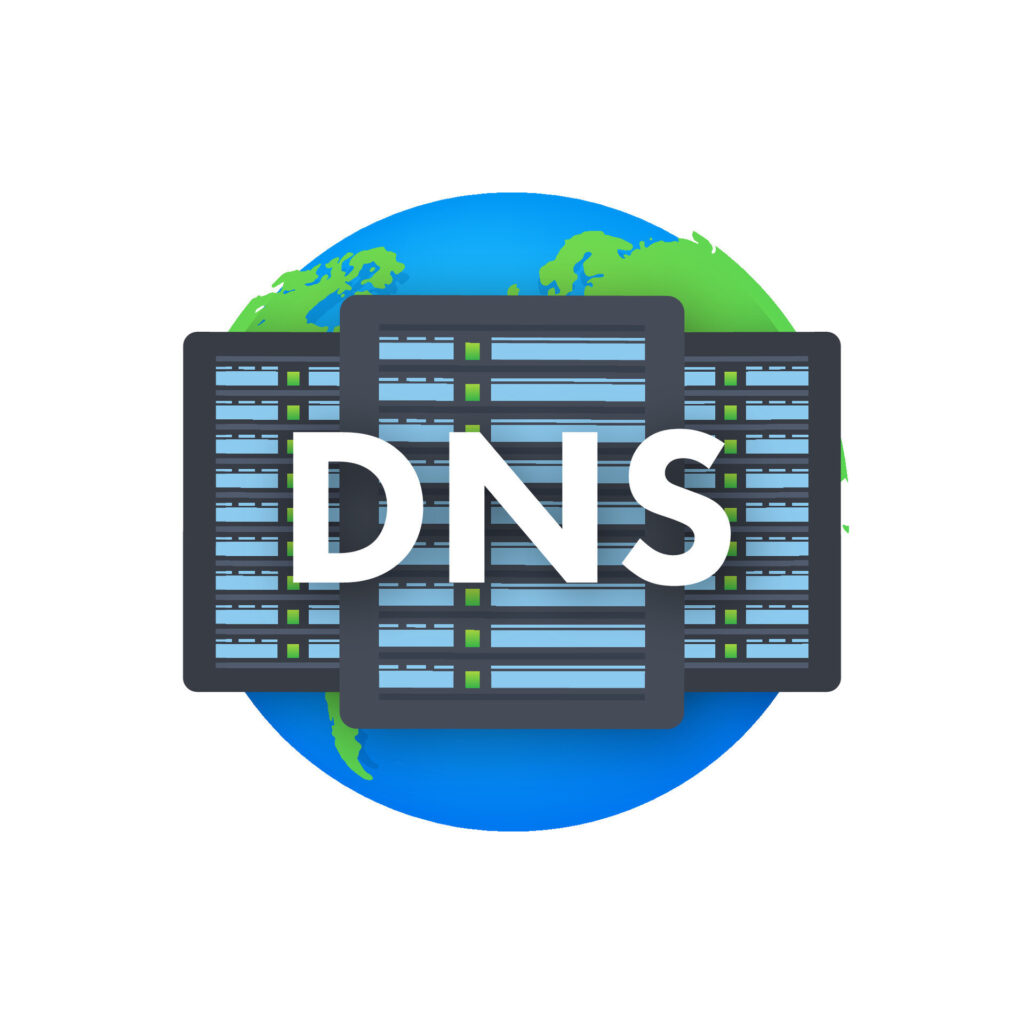
In today’s interconnected world, where digital services are accessed from every corner of the globe, the Domain Name System (DNS) serves as the backbone of the internet, translating human-readable domain names into machine-readable IP addresses. While traditional DNS setups rely on a single, centralized server or a few regional servers, the emergence of global DNS networks has revolutionized how organizations manage and optimize their online presence. Let’s delve into the benefits of a global DNS network and how it enhances performance, reliability, and security for businesses worldwide.
1. Improved Performance and Latency Reduction
A global DNS network comprises strategically distributed DNS servers across multiple geographical locations. By leveraging Anycast routing technology, requests are automatically routed to the nearest DNS server, reducing latency and improving response times. This proximity-based routing ensures that users experience faster domain resolution and quicker access to web services, resulting in a smoother browsing experience and higher user satisfaction.
2. Enhanced Redundancy and Fault Tolerance
Traditional DNS setups often rely on a single point of failure, leaving organizations vulnerable to downtime and service disruptions in the event of server outages or network failures. In contrast, a global DNS network offers built-in redundancy by replicating DNS records across multiple geographically dispersed servers. In the event of server failures or network issues, DNS requests are automatically redirected to alternative servers, ensuring uninterrupted service availability and mitigating the risk of downtime.
3. Scalability and Traffic Management
As online traffic volumes fluctuate throughout the day and across different regions, organizations require scalable DNS solutions capable of handling varying workloads and sudden traffic spikes. A global DNS network provides scalability by dynamically distributing traffic across multiple servers based on real-time conditions and server capacity. Additionally, advanced traffic management features, such as load balancing and geo-routing, enable organizations to optimize performance, allocate resources efficiently, and maintain consistent service delivery across diverse user populations.
4. Geographic Load Balancing and Content Delivery
In today’s global marketplace, businesses strive to deliver localized content and services tailored to specific regions or user demographics. A global DNS network facilitates geographic load balancing, allowing organizations to direct traffic to the nearest data center or content delivery network (CDN) based on users’ geographical locations. This approach minimizes latency, accelerates content delivery, and enhances the user experience by ensuring that users access content from the closest and most responsive server, regardless of their location.
5. Enhanced Security and DDoS Mitigation
Security threats, such as distributed denial-of-service (DDoS) attacks, pose significant risks to online operations, causing service disruptions, data breaches, and financial losses. A global DNS network incorporates robust security features, including DDoS mitigation capabilities, to safeguard against malicious attacks and unauthorized access attempts. By distributing traffic across multiple servers and implementing advanced security protocols, organizations can fortify their DNS infrastructure, mitigate attack vectors, and ensure the integrity and availability of their online services.
Conclusion
In an increasingly interconnected and digitally-driven world, a global DNS network offers unparalleled benefits in terms of performance optimization, reliability enhancement, and security reinforcement. By leveraging distributed DNS infrastructure, organizations can deliver faster, more reliable, and secure online experiences to users worldwide, regardless of their geographical location or network conditions. As businesses continue to expand their online presence and cater to global audiences, investing in a robust global DNS network becomes imperative for achieving competitive advantage, driving customer satisfaction, and maximizing operational efficiency in the digital era.